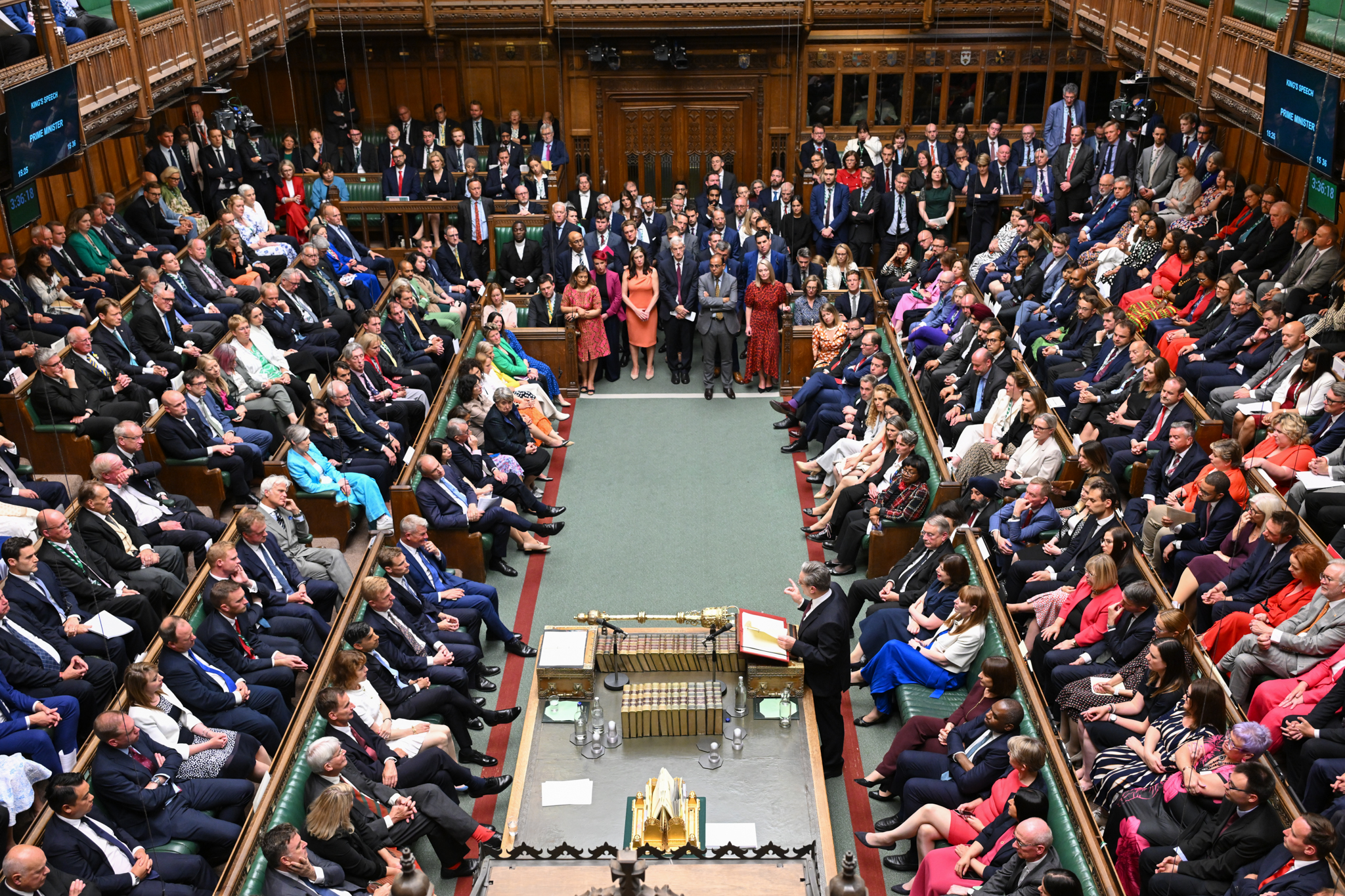
This week in PMQs we see: the fallout from the budget, part time local government, GPs in crisis, arguments over school fees, foreign policy and the assisted dying bill.
ECONOMY:
Sir Keir Starmer and Rt Hon Kemi Badenoch battled over the economy. The leader of the opposition grilled the Prime Minister on whether he would raise council tax. The PM dodged the question vaguely stating that: “she knows what the arrangements are.”
During the election campaign, the then Labour Shadow Paymaster general said in the Radio times, as referenced in the LGC: “No, we’re not changing council tax bands.”
However, hours after, a No 10. Press Secretary did then confirm that local government will be able to increase council tax by £217.3.
Labour backbenchers and the PM were also keen to point out the positive side of the budget, announced on the 30th of November 2024 by the Chancellor Rachel Reeves. They praised Labour’s investment into public services like the NHS, tackling child poverty, increasing the minimum wage and increased funding for childcare costs.
This clearly shows what No 10. thinks ‘working people’ should take from the budget.
PART TIME GOVERNMENT:
The Rt Hon Kemi Badenoch did not approve of a four-day work week, claiming that it was not flexible but instead “part-time work for full-time pay.”
Upon actually reading the withdrawn guidance, those more aware will understand that it leaves the decision open to the councils’ discretion whether they want to start a flexible working scheme or not.
There are undoubtable benefits to flexible working, with studies showing an increase in productivity and employees’ mental health.
However, there are some serious reservations. Consumers may feel that their taxes are going to waste. On a practical level, a reduction in contact hours may make it more difficult to get hold of local officials.
HEALTH:
GP practices were also of close concern during PMQs. The Leader of the Opposition, the Leader of the Liberal democrats and the Member for Edinburgh West were all concerned that GP practices will now have to pay employer National Insurance, when they were previously exempt.
Because GP practices are privately owned and function with government contracts, since the autumn statement, they are now liable to pay NI without being reimbursed, as they previously were. The British Medical Association call the cost “devastating”.
The Liberal Democrats estimate that the average practice will lose around 357 appointment spaces a year.
The government said that GP’s will “have the resources they need” but give no clear answer to the problem GPs are now facing. An urgent question was asked of the Minister of the Department of Health and Secondary Care on Thursday the 14th November 2024, where the government clarified their position: “talking to general practice as part of the contract reforms over the next few months,” showing that there is a plan for something to be done in the coming months.
SCHOOLS:
The member for Solihull West and Shirley spoke against the proposed 20% VAT on school fees. He asked the Prime Minister to “abandon this policy and apologise to those affected.”
The decision to remove the charitable status and pay VAT for some fee-paying schools has caused outrage from the Conservative benches.
The government believes that VAT on school fees will have a “limited impact on the state school sector” and that only 0.5% of pupils will have to change schools. This comes with a projected revenue of £1.725 billion per year.
Experts are divided. Some see the tax on school fees as just a method of generating income, the same as VAT on pubs and toilet paper. While others agree with the conservative Dr Neil Shastri-Hurst that it is an “ideologically driven policy”, (isn’t all policy ideology and action though), projecting mass chaos and disruption for students.
UKRAINE:
Sir Ed Davey, wearing a UK/Ukraine lapel flag raised again the question of Ukraine’s uncertainty after President-Elect Donald Trump’s new peace plan. The leader of the Liberal Democrats wondered if the government could use the frozen Russian assets themselves “not just the interest” to fund the Ukrainians against the Russian invasion.
Since 2022, the UK has frozen almost £22.7 billion worth of Russian assets. While Sir Ed is undoubtably right that more funding would benefit the Ukraine, it does not come close to the total $175 billion that America has spent on the Ukrainian conflict. If the US does withdraw their allowance, it would be difficult for the government to pick up the slack in paying for the war.
GAZA:
The PM rejected further calls from the member for Birmingham and Perry Bar to class Israel and the IDF’s actions in Gaza as a genocide.
Sir Keir Starmer affirmed that he has “never described this or referred to it as genocide.” In May however, Francesca Albanese, the United Nations Special Rapporteur on the occupied Palestinian territories, told the UN that “There are reasonable grounds to believe that the threshold indicating the commission of the crime of genocide…has been met.”
ASSISTED DYING BILL:
Finally, the assisted dying bill was asked to have more debate time before the second reading on the 29th of November 2024.
An assisted dying bill was first introduced in 2002-2003 and then regularly from 2013. The bill aims “to allow adults who are terminally ill, subject to safeguards, to be assisted to end their own life; and for connected purposes.”
While the PM rejected this, claiming that it had had enough time, he stressed that it is to be a free vote. This means that MPs will not vote as their party tells them to (with the whip) and instead with their own mind.
Image: The Prime Minister, Sir Keir Starmer MP, addresses the House of Commons Chamber, UK Parliament, 2024 // CC BY-NC-ND 2.0



Average Rating